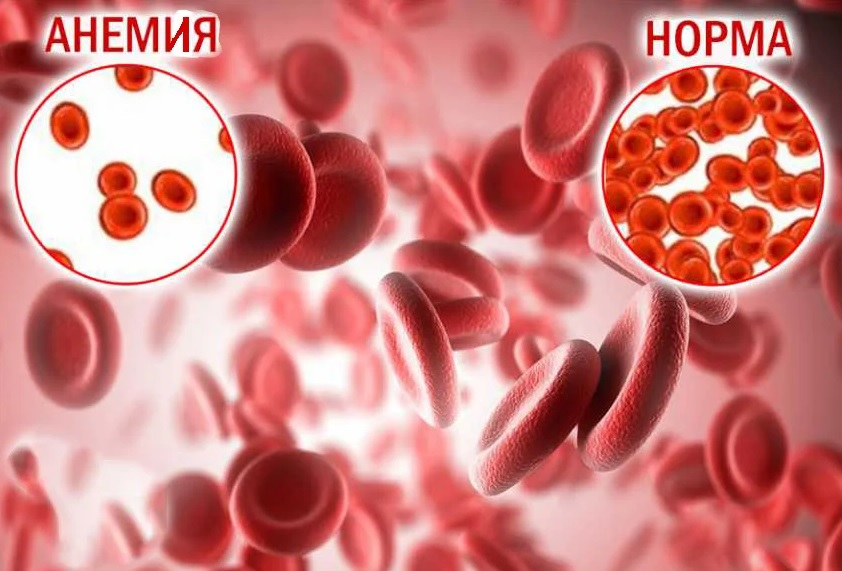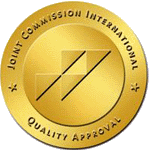WHAT SHOULD YOU KNOW ABOUT IRON DEFICIENCY ANEMIA?
04.06.2024

Every year, two billion people are diagnosed with varying degrees of anemia.
Blood is a biological fluid that nourishes the cells of our body, including oxygen. Oxygen in the blood is mainly bound to hemoglobin, and hemoglobin is found in erythrocytes (red blood cells).
Conditions in which the level of hemoglobin in the blood decreases are called anemia.
Iron deficiency anemia (IDA) is the most common type of pathology (according to WHO, up to 20% of the world's population suffers from it).
Endogenous risk factors for decreased iron levels in the blood (N -12.5-30 µM/l) and development of IDA:
- Impaired iron absorption in the gastrointestinal tract due to inflammatory processes,
- hydrochloric acid hyposecretion,
- C vitamin deficiency,
- liver diseases,
- excessive use of iron by the body,
- iron loss due to extensive bleeding.
IDA signs:
- Appetite loss;
- Constant fatigue and decreased performance;
- Breath shortness after slight exercise;
- Noise in the ears, spots flickering before the eyes;
- Paleness of the face, gums, lips, tongue, nails, hands, inner eyelids;
- Headache;
- Rapid heartbeat (tachycardia);
- Irritability;
- Decreased academic performance in children;
- Specific changes in taste and smell (desire to smell and eat unusual, sometimes inedible things (chalk, clay, soil, ice, the smell of gasoline, camphor alcohol, etc.).
IDA consequences:
- Mental and physical disorders in children;
- Complications of pregnancy and birth outcomes, risk of death of mother and baby;
- Decreased performance;
- Immune system weakening;
- Susceptibility to infections;
- Chronic diseases exacerbation.
Prevention:
- Balanced diet. More often include foods rich in iron and vitamin B12 in your diet: liver, tongue, meat, fish, more fruits and vegetables - apples, persimmons, pomegranates, pears, spinach, sorrel.
- Remember that ascorbic acid (Vit. C) improves iron absorption. Sources: bell pepper, black currant, rosehip decoction, strawberries, tomatoes, green apples.
- Drink tea and coffee no earlier than 30 minutes after meals, as they interfere with the absorption of iron.
- Take a general blood test every year and, if necessary, take medications that replenish the lack of substances in the body (this is especially necessary for pregnant women).
- Seek prompt medical attention if you have risk factors or signs of anemia.
- Engage in moderate physical activity (walking, running, swimming, yoga).
- Give up bad habits (smoking and drinking alcohol).




